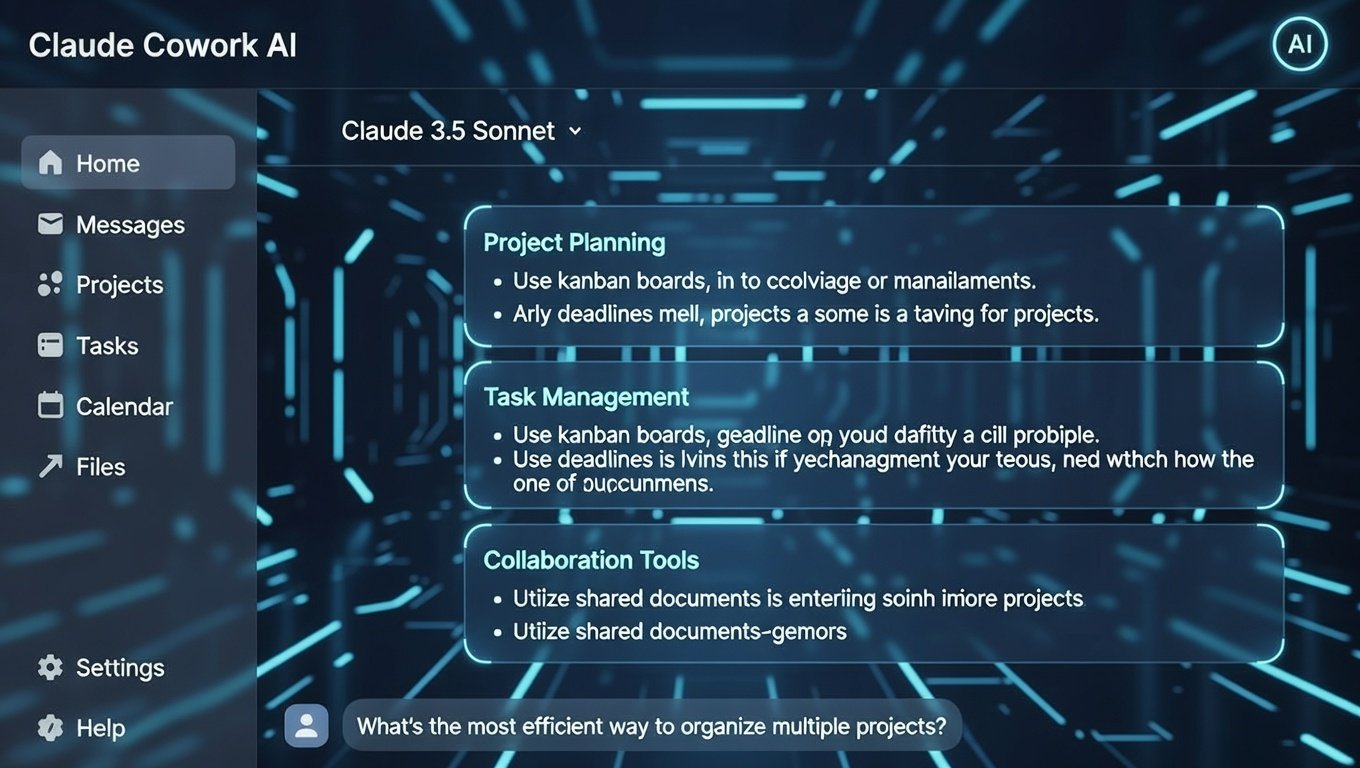Introduction
The education industry stands at the cusp of a technological revolution, and at the heart of this transformation lies Artificial Intelligence (AI).
Over the past few years, AI has rapidly advanced, presenting opportunities for significant improvements in the way we teach and learn.
The integration of AI into classrooms has given rise to intelligent classrooms, where AI-based technologies are reshaping traditional teaching methods.
In this blog, we will delve deep into the realm of AI-based intelligent classrooms and explore how they are revolutionising the education industry. From personalised learning to adaptive assessments, let’s uncover the potential of AI in fostering a more effective and dynamic learning environment.
Personalised Learning: Catering to Individual Needs
One-size-fits-all teaching approaches often fail to meet the diverse learning needs of students.
However, AI’s ability to analyse vast amounts of data and learn from it is a game-changer in the education industry.
AI-powered intelligent classrooms can assess each student’s strengths, weaknesses, learning style, and preferences to create personalised learning pathways.
This customised approach ensures that students receive content tailored to their abilities, allowing them to learn at their own pace and grasp concepts more effectively.
Moreover, AI algorithms can continuously adapt to each student’s progress, making real-time adjustments to the learning material.
As a result, students are presented with challenges that match their current level of understanding, keeping them engaged and motivated throughout their educational journey.
Adaptive Assessments and Instant Feedback
Traditional assessment methods, such as standardized tests, often fall short in providing accurate insights into a student’s true comprehension of a subject.
AI-powered adaptive assessment tools, however, can dynamically adjust the difficulty level of questions based on the student’s responses.
These tools analyze a student’s strengths and weaknesses in real time, presenting them with questions that are neither too easy nor too difficult.
Furthermore, AI can provide instant feedback on students’ performance, pinpointing areas that require improvement.
By offering personalized feedback, students gain a deeper understanding of their progress, enabling them to focus on specific areas of study and enhance their overall learning experience.
Intelligent Tutoring Systems: A Virtual Learning Companion
Imagine having a virtual learning companion available 24/7, ready to assist with any academic query.
This is made possible by AI-powered intelligent tutoring systems. These virtual tutors use natural language processing and machine learning to interact with students in a human-like manner.
Intelligent tutoring systems can provide explanations for complex concepts, guide students through problem-solving exercises, and offer additional study materials tailored to individual learning styles.
With the convenience of round-the-clock support, students can access immediate assistance whenever they encounter challenges, fostering a sense of independent learning and self-reliance.
Smart Content Creation: Enhancing Classroom Materials
AI’s ability to process vast amounts of data allows it to generate interactive and engaging learning resources.
AI-powered content creation tools can develop multimedia content, interactive quizzes, and simulations, enriching traditional classroom materials. Educators can use these resources to augment their lessons and create dynamic learning experiences for students.
Smart content creation also opens avenues for innovation in curriculum design. By leveraging AI-generated content, educators can tailor their lessons to address the unique interests and needs of their students.
This, in turn, boosts student engagement and comprehension, making learning more enjoyable and effective.
Educator Support and Efficiency
AI is not just advantageous for students; it also empowers educators by providing valuable insights into student performance and classroom dynamics.
AI-driven analytics can process data from various sources, including assessments, assignments, and classroom interactions, to identify patterns and trends in student learning.
By having access to data-driven insights, educators can make informed decisions about their teaching strategies, identifying areas of improvement and adjusting their methods accordingly.
This level of personalisation and support ensures that educators can cater to the individual needs of their students, resulting in improved academic outcomes.
Additionally, AI can automate routine administrative tasks, such as grading, attendance tracking, and scheduling.
By relieving educators of these burdensome responsibilities, AI enables them to focus more on engaging with their students, mentoring, and cultivating critical thinking skills.
Enhanced Classroom Management and Student Support
AI-based intelligent classrooms can also assist with classroom management, a critical aspect of effective teaching.
By employing AI-powered monitoring systems, educators can track student behaviour and engagement in real time.
These systems can detect signs of disinterest, distraction, or potential issues, allowing educators to intervene proactively and offer the necessary support to students who may be struggling academically or emotionally.
Furthermore, AI can assist in identifying students who might require additional support or intervention, such as those with learning disabilities or special needs.
By recognising these needs early on, educators can collaborate with specialists to design personalised intervention plans, ensuring that every student receives the support they need to thrive.
Conclusion
The advent of AI-based intelligent classrooms has ushered in a new era of education, promising a future that is more dynamic, inclusive, and effective.
From personalised learning experiences to adaptive assessments and virtual tutoring, AI empowers both students and educators with tools that cater to their individual needs.
By leveraging AI’s data-driven insights, educators can make informed decisions, customise their teaching approaches, and support each student’s unique learning journey.
As AI continues to evolve, AI’s role in education will only grow stronger. However, it’s crucial to remember that AI should complement, not replace, human educators.
The true power of AI lies in its ability to augment and enhance the educational experience, providing invaluable support to both educators and students alike.
Embracing AI-based intelligent classrooms is a transformative step towards nurturing a generation of lifelong learners who are prepared to excel in an ever-changing world.
About Author

Nancy Powell is an Expert in Automation with 12+ years of experience with global clients in the areas of Artificial Intelligence, Machine Learning, and Gen AI.




